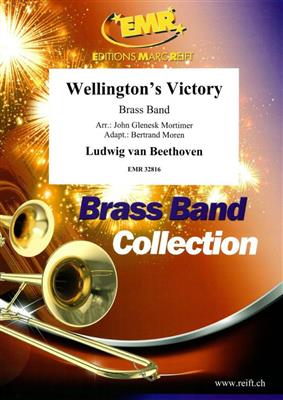We've found 1000 matches for your search. Order by
Results
-
 £92.00
£92.00 -
 £76.00
£76.00Zathura - John Debney - Karel Chudy
Estimated dispatch 5-14 working days
-
 £100.00
£100.00Russian Dance - Oskar Böhme - John Glenesk Mortimer
Estimated dispatch 5-14 working days
-
 £68.00
£68.00Crown Imperial - William Walton - John Glenesk Mortimer
Estimated dispatch 5-14 working days
-
 £68.00
£68.00Hungarian Fantasy - Franz Lehar - John Glenesk Mortimer
Estimated dispatch 5-14 working days
-
 £76.00
£76.00Solemn Overture - Alexander Glazunov - John Glenesk Mortimer
Estimated dispatch 5-14 working days
-
 £68.00
£68.00Russischer Marsch - Johann Strauss Sr. - John Glenesk Mortimer
Estimated dispatch 5-14 working days
-
 £72.90
£72.90Largo Al Factotum - Gioacchino Rossini - John Glenesk Mortimer
Estimated dispatch 5-14 working days
-
 £64.90
£64.90Fest Marsch - Johann Strauss Sr. - John Glenesk Mortimer
Estimated dispatch 5-14 working days
-
 £76.00
£76.00Wellington's Victory - Ludwig van Beethoven - John Glenesk Mortimer
Estimated dispatch 5-14 working days
